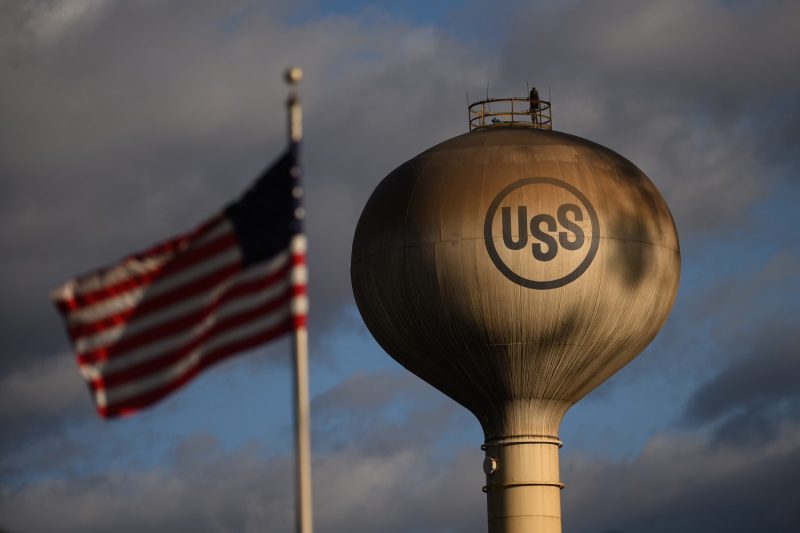In an unprecedented move, President Joe. R Biden Jr. is preparing to veto the planned sale of U.S. Steel, a major American steel and metallurgical coal producer, to a Japanese firm. This move demonstrates the administration’s resolve to safeguard domestic production capabilities, which are pivotal to the nation’s economic and security interests.
The U.S. Steel sale constitutes a significant transnational business deal. The deal involves selling the controlling stake of the once dominant U.S. steel industry players to a Japanese corporation. This development has made headlines across both business and political circles not only because it symbolizes a significant shift in the global steel industry landscape but also because it carries potential implications for national security.
According to recent reports, the main motivation behind Biden’s intent to block the sale is to preserve American manufacturing capacity. The administration has emphasized the importance of all elements of the supply chain, such as raw materials, manufacturing, and distribution, being as domestic as possible. This idea forms a key pillar of the broader drive to rebuild and sustain American autonomy in critical industries, such as steel production.
The Biden administration has long argued that the global supply chain’s resilience lies in its multiplicity and diversity. Therefore, selling a significant asset in this chain, such as U.S. Steel, to an overseas corporation might increase vulnerability. It may also weaken the American steel industry’s resilience, as control of such strategic asset would be determined by foreign policy and international relations.
Moreover, this development poses a national security concern. Steel is an essential material used in building and maintaining defense infrastructure, equipment, and weapons. The sale of U.S. Steel to a foreign entity could potentially compromise the military’s defense apparatus.
The implications go beyond the conventional economic and security dimensions. The decision to resist the sale of U.S. Steel also involves the preservation of local jobs and communities. The U.S. Steel Corporation employs thousands of workers, and its operations are integral to the local communities in the regions it operates.
Simultaneously, the move to prevent the steel giant’s sale discernibly reflects the consistent intent of Biden’s administration to encourage local businesses. Consequently, the same underwrites the commitment to ensure a fair trade system in which American industries aren’t compromised.
The administration’s intervention in such private sector deals is rare but not unprecedented. Nevertheless, this development is a testament to the new direction that the Biden administration is taking in prioritizing American industry and manufacturing.
However, this bold move should be seen in the context of a greater global supply chain and economic stability struggle. Countries worldwide have been grappling with supply chain disruptions due to the COVID-19 pandemic, which has exposed the vulnerabilities of reliance on global suppliers. President Biden’s move to block the sale of U.S. Steel is a move that is expected to foster more self-reliance and stability in the American economy.
In its essence, Biden’s readiness to intervene reflects his conviction that the domestic steel industry and other manufacturing sectors have to remain strong for the U.S. to retain its economic leadership and national security. The decision reiterates the critical need to consider how the interests of national security, economic stability, and the needs of local communities overlap and intersect.











